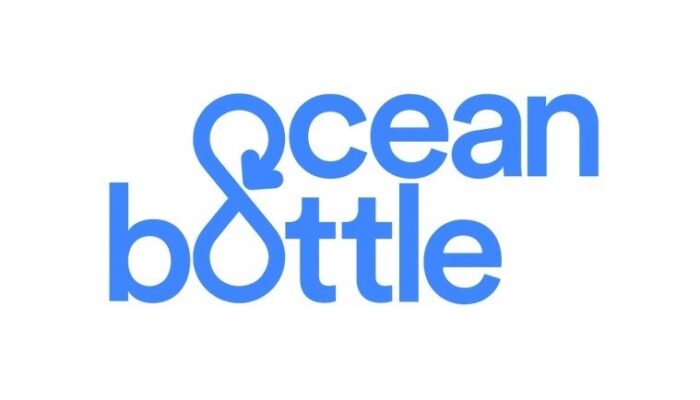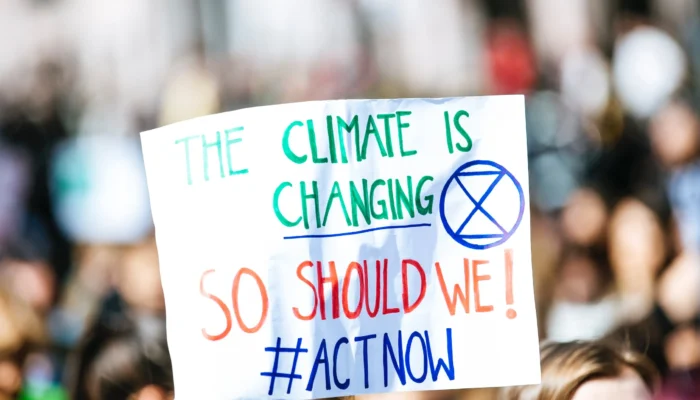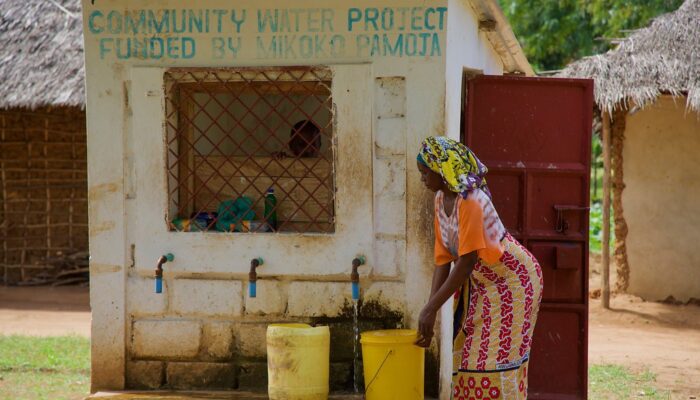
The ethics of carbon offsetting have become among the most contentious of any climate action strategy. Critics argue that the option to offset perpetuates unsustainable lifestyles and -facilitates greenwashing, giving carbon buyers a get-out-of-jail-free card when it comes to tackling their emissions; proponents argue that it can be used responsibly alongside reductions to reach net-zero.
Net zero, carbon neutral and other climate commitments are increasingly being made by businesses and governments. Achieving climate neutrality through emissions reductions alone is the ideal, yet at the same time challenging, if not impossible, without greater headway made towards a low-carbon global economy. If net-zero targets are to be met, offsetting is, at least in the short term, essential.
Recent market data show that offsetting continues to grow. Voluntary offset sellers have reported sustained interest despite the Coronavirus pandemic, suggesting sustained commitments to sustainability strategies despite financial uncertainty. If the voluntary offset market is here to stay, then ethical standards must upheld not only within the projects themselves and the standard to which they are accredited, but in the way that carbon offsets are used by buyers.
The carbon market has been criticised on policy, scientific and moral grounds; the latter of which is often leveraged at buyers of carbon credits for using offsetting as an excuse to delay systematic change. Yet experiences of carbon credit providers – projects and resellers – in a ‘boutique’ segment of the voluntary carbon market is very different, instead finding that carbon buyers are overwhelmingly genuine in their commitments to sustainability, using offsets as only one part of their journey to net zero and engaging meaningfully with the moral dilemmas of choosing to buy offsets.
A research team from Edinburgh Napier University and ACES, the project coordinators for two Kenyan blue carbon projects, interviewed a range of stakeholders in the voluntary carbon market including carbon buyers, project developers, carbon standards and resellers of carbon credits, to explore how buyers use offsets alongside broader, long-term carbon reduction strategies. It was recognised that the views captured in the research are not necessarily representative of practices in the wider carbon market and the findings were not intended as such; rather, they were presented as an example of good practice in offsetting with lessons to be learned by project developers, carbon sellers and carbon standards.
Sincerity of buyers
The ‘permit to pollute’ criticism that offsetting simply perpetuates unsustainable lifestyles is often framed in the context of superfluous flights taken by people unwilling to change their lifestyle, or businesses that see offsets as a cheap way out of making changes to reduce their emissions. There was no evidence of this hazard among stakeholders interviewed; some even expressed guilt for activities such as driving to choir and said that being able to offset these emissions assuaged at least some of this guilt, particularly when the project that they chose to offset with delivered ‘charitable’ co-benefits such as community development or biodiversity enhancement.
Businesses need guidance
Our research found that carbon buyers took step to carry out their own due diligence on projects beyond accepting their certification at face-value. This included having conversations with offset sellers and even visiting projects personally. They did not, in general, appear to be looking for a certificate of offsetting as a CSR ‘badge’ or to tick a box – they were motivated to find high-quality offsets from projects that aligned with their interests and values. However, this due diligence took time, resources and a capability that cannot be expected of all buyers, particularly as the voluntary carbon market is fragmented between standards and projects with independently run, and variable, websites and communications. There is therefore a role for both sellers and third-party organisations to give buyers the clear and transparent information and guidance that they need to make informed decisions. An early example of this is the Oxford Principles for Net Zero Aligned Carbon Offsetting, which gives guidance on offsetting principles, and an upcoming platform by WWF to assess and evaluate carbon standards.
Onus on sellers
Finally, our research concluded that there is an onus on sellers of carbon offsets to ensure ethical practices are adhered to. Sellers can work with buyers to educate them on best practice in carbon reductions and net-zero strategies and to ensure that the offsets sold are being applied in an ethical manner and communicated accurately to reflect their role in the organisation’s net zero strategy.
Our research suggests that contrary to narratives presented by critics of offsetting, ‘ethical offsetting’ is practiced in at least parts of the voluntary carbon market and the principles from these examples can be applied throughout the market to ensure best practice. Our full research paper can be read here (written in 2021; unpublished).


